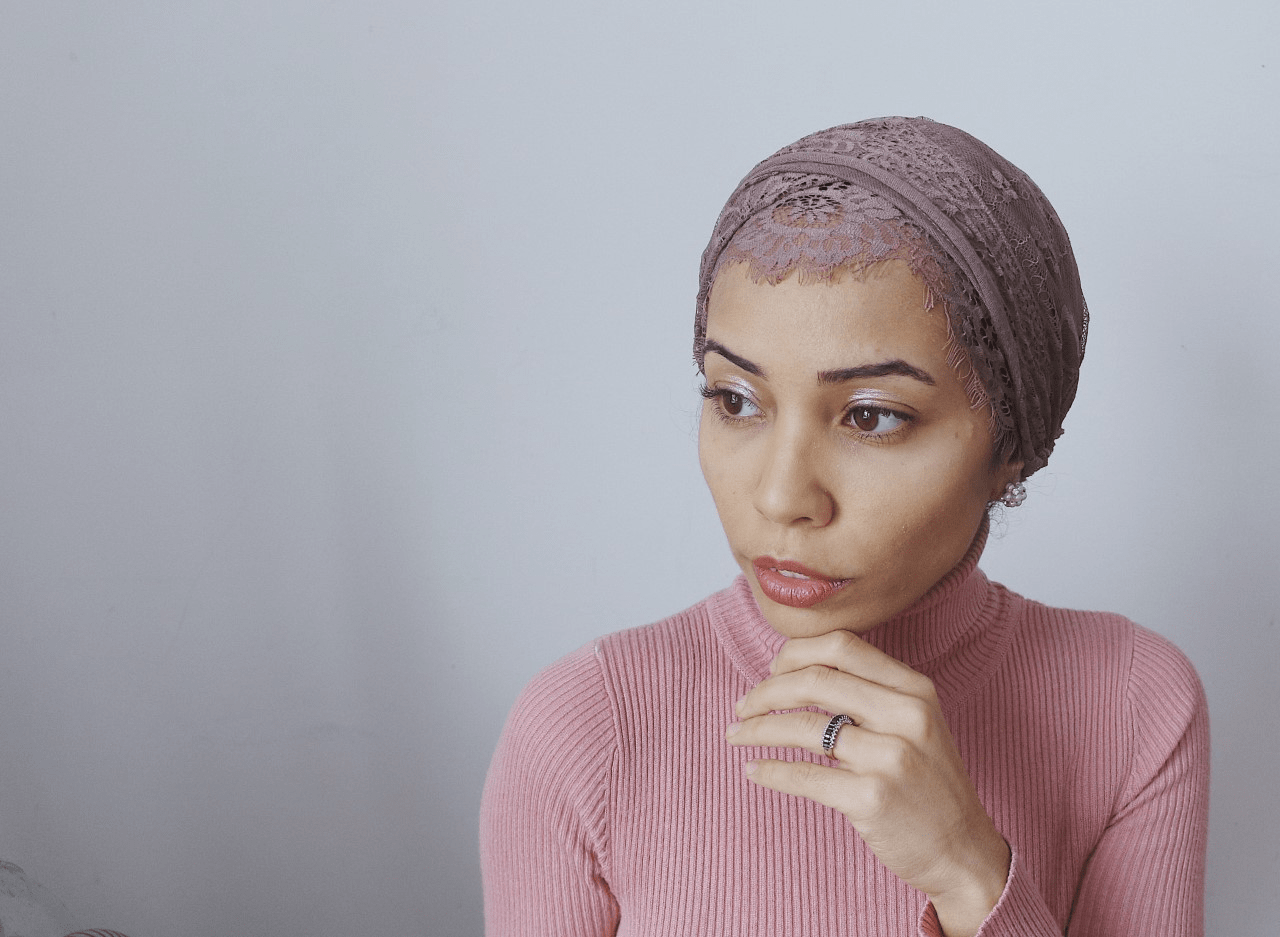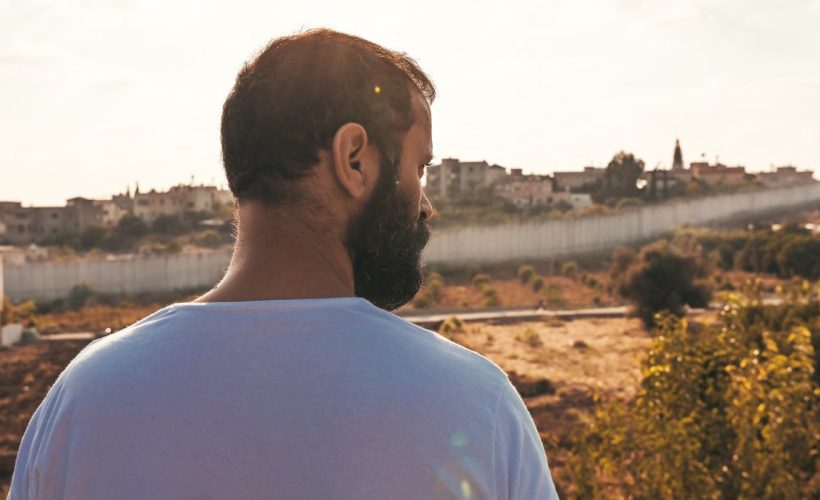Society
3.10.2020
Niswa, the first arabic platform to educate women about sexuality and fertility

As part of the International Women’s Day, the Arab World Institute of Paris invited activists from the Middle East to discuss the state of feminism in the region. Among them, Zainab Al Radhi, a young Saudi entrepreneur and creator of Niswa: an online platform to help women better understand their fertility.
At only 25 years old, Zainab Al Radhi is already determined to make up for the lack of education in the Arab World regarding women’s sexuality and fertility. Born in the small town of Qatif, located in the east of Saudi Arabia, not far from Bahrain, she then moves to the United States at the age of majority for her studies. After obtaining her Bachelor’s degree in Health Sciences at the University of Michigan, her interest in the impact of contraceptive methods on the female body and the environment floods in.

In parallel, she comes upon tips and methods of how to better manage her fertility when navigating the Internet. But the young scientist has a true revelation when discovering the bestseller of the speaker and writer Toni Weschler. The work of reference, “Taking Charge of Your Fertility,” gathers over 20 years of contributions on the topic. In further instruction, Megan Macnamara, her mentor and key figure of the Fertility Awareness Methods (FAM) movement, shows her the ropes.
What was the idea behind Niswa?
I grew up in Saudi Arabia where girls of my generation were desperately lacking literacy on the female body and puberty. When I had my period at 11, I did not understand what was happening at all, because we hadn’t spoken about it at school, nor in my family or my social circle. This topic remains quite taboo in most Arab countries. So I evolved with this body that I considered like a foreign entity and that I was not comfortable with. During my studies, I grew curious about sustainable contraception methods, leading me to natural methods of fertility control. Niswa is an Arabic word for a group of women. The idea is to create a collective where women feel less alone and can share their experiences because I believe in the importance of sorority. It is also an online bilingual multimedia platform, allowing women to take ownership of their bodies and fertility with the aid of a scientific encyclopedia. Our goal is to make young girls grow aware of their wonderful and powerful womanhood, by providing them with alternatives to standard contraceptive options their doctors will propose, or pharmaceutical companies and other religious institutions will try to advertise to them.

What services does the platform provide?
I’m offering a 5-week online course to foster awareness of various fertility methods. I provide knowledge that allows my students to better read their bodies and identify their fertility cycles, as well as informing them of different fertility control techniques such as the cervix positioning, and hormonal or body temperature testing. The body is a live database that gives us the opportunity to know, better than anyone, what is going on inside of us. For a woman, taking ownership of her body is a great tool to become more productive by knowing its strengths and weaknesses according to her cycles. These techniques may not replace the use of a gynecologist altogether but they do enable women to acquire the fundamental knowledge about their bodies.

What is the profile of your students?
The target is women between the ages of 18 and 35, mostly residing in Arab countries. It is possible that I organize workshops in local communities throughout the United States, however most of my clients live in the Gulf countries, in Saudi Arabia or in Palestine. This is expected, since I teach this course in Arabic, although initially I was more comfortable to discuss these topics in English because I feel that there is more acceptance and less judgment within the language. It is this exact reason that convinced me to promote access to this kind of information in this region. So I created this course from scratch, as the first and only one to offer this type of class in the Arab world today.
popular

